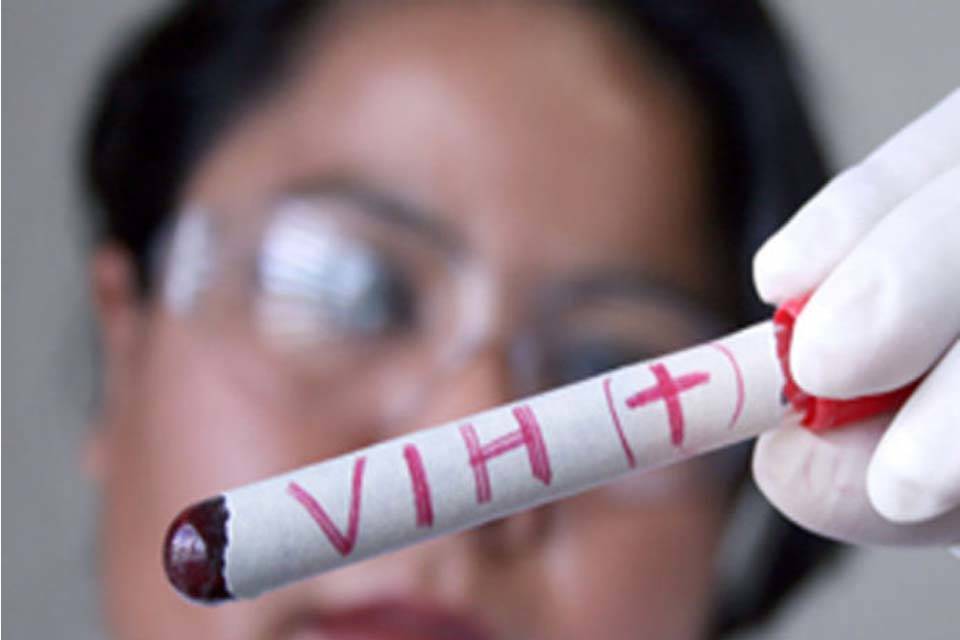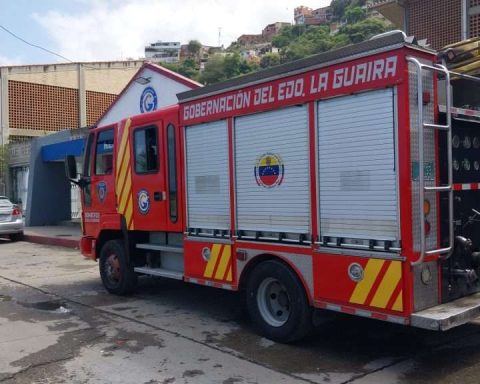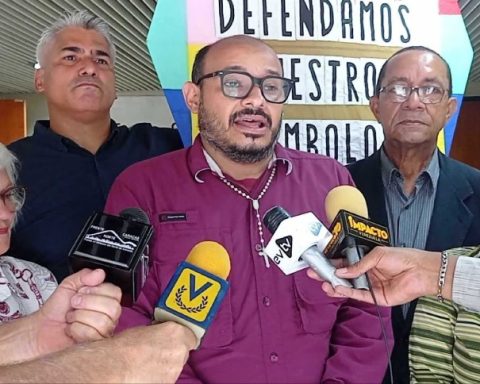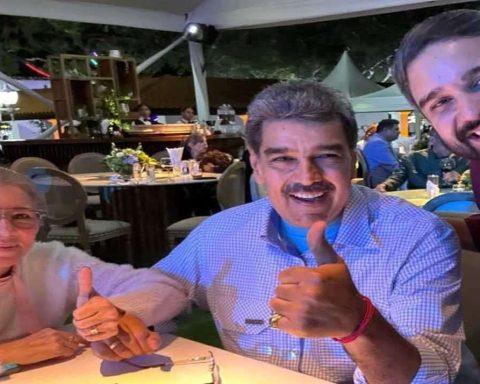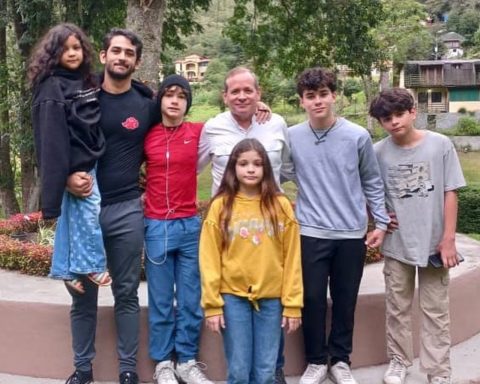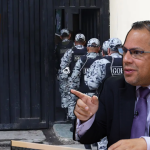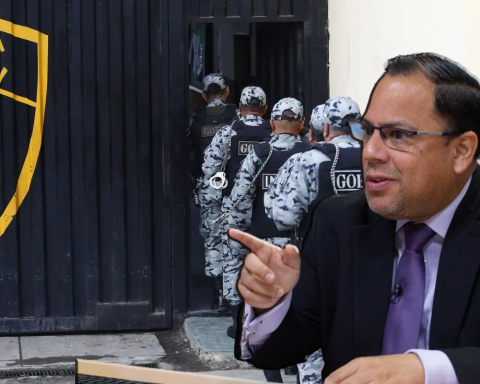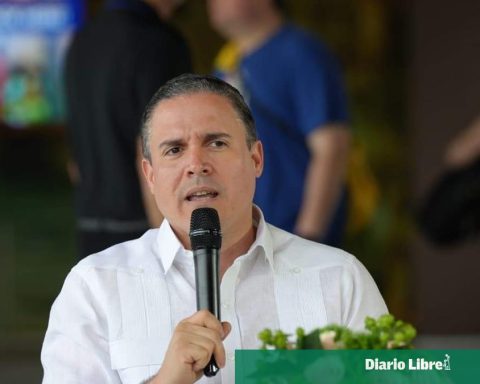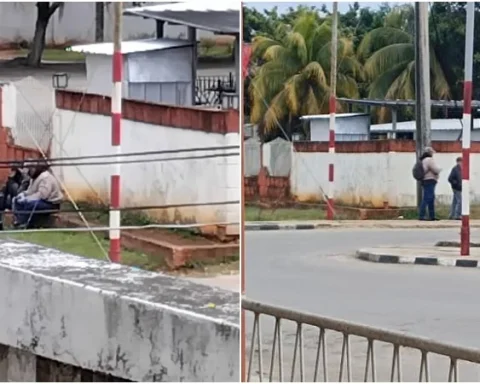In 2021, children accounted for 4% of all people living with HIV, although they alone accounted for 15% of all AIDS-related deaths. Onusida Venezuela alerted in mid-2022 that campaigns should be promoted to increase diagnosis throughout the country
The United Nations Organization warned this Thursday, December 1, when the International Day of the fight against AIDS is commemorated, that inequalities based on gender and age, as well as discrimination and stigmatization of key groups prevent an end to the AIDS pandemic.
In a UNAIDS report, titled dangerous inequalities, the organization insisted on the need to take urgent action to reduce these gaps. In addition, States were encouraged to take the necessary sanitary and preventive measures to lower the numbers of new infections and deaths.
“The world will never be able to defeat AIDS if we continue to reinforce patriarchy,” said Winnie Byanyima, UNAIDS Executive Director.
She explained that in regions where there is a high rate of HIV (Acquired Immunodeficiency Virus) burden, “women subjected to intimate partner violence face a 50% higher chance of contracting HIV. In 33 countries between 2015 and 2021, only 41% of married women aged 15-24 could make their own sexual health decisions.”
For example, in sub-Saharan Africa women accounted for 63% of new HIV infections in 2021.
Harmful masculinities, UNAIDS said, also discourage men from seeking medical care. In 2021, while 80% of women living with HIV were accessing treatment, only 70% of men were on treatment.
Access to medicines between adults and children is also visible. “While more than three-quarters of adults living with HIV are on antiretroviral treatment, just over half of children living with HIV are receiving life-saving treatment.”
In 2021, children accounted for 4% of all people living with HIV, although they alone accounted for 15% of all AIDS-related deaths.
In Venezuela these data are evident. Reports from last year indicated that some 110,000 people are living with HIV in the country, but only 70,000 of them know they actually have the virus. Of these, 57,314 receive antiretroviral treatment (1,198 are children).
In mid-2002, Regina López, country director of Onusida Venezuela, indicated that campaigns should be promoted to increase diagnosis in all the country. “Let the person go voluntarily,” she said.
Despite the efforts of the program to increase prevention in the country, López insisted on the need for the participation of government authorities to reduce infection rates and maintain effective prevention campaigns in the population.
Precisely one of the objectives of this agency for 2025 is combined prevention (education and distribution of condoms), women’s access to sexual and reproductive health services, increased testing, services to eliminate new infections in children and improve integrated services.
Post Views: 60
